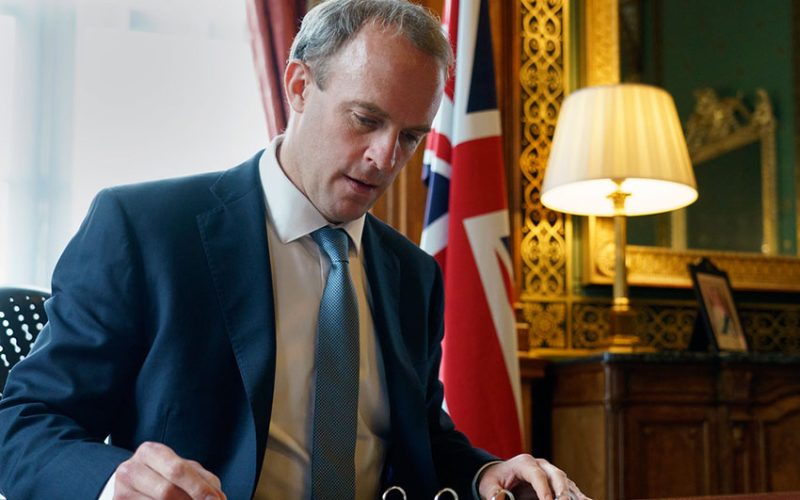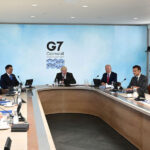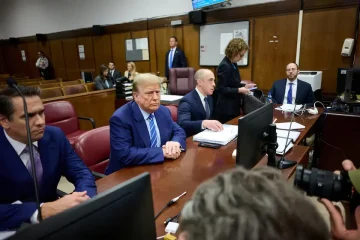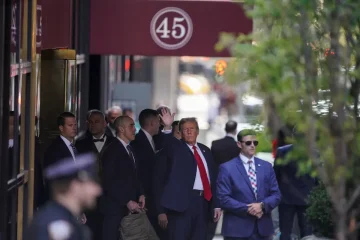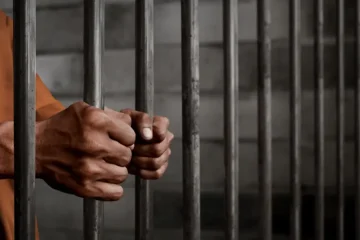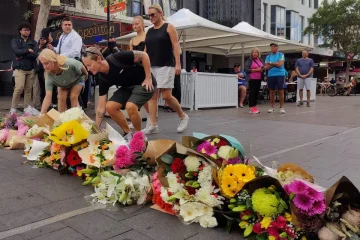SARAH YOUNG and ELIZABETH PIPER
BRITAIN will introduce new rules for companies to try to prevent goods linked to China’s Xinjiang region entering the supply chain, foreign minister Dominic Raab said on Tuesday, toughening London’s response to allegations of forced labour.
Addressing parliament, Raab said there was harrowing evidence of forced labour among Muslim Uighurs in Xinjiang after the United Nations estimated at least 1 million of the minority among others were held in an internment camp.
Beijing denies the charges.
Raab said Britain wanted to make sure it was free from any products that had links with Xinjiang, where he cited widespread reports of internment camps housing more than 1 million Uighurs, forced labour and the forced sterilisation of Uighur women.
“We must do more and we will,” he said.
“Xinjiang’s position in the international supply chain network means that there is a real risk of businesses and public bodies around the world, whether it’s inadvertently or otherwise, sourcing from suppliers which are complicit in the use of forced labour.”
It is not clear how many products connected to Xinjiang enter the supply chain in Britain.
Britain’s stance marks a further deteriorataion in its relationship with China just five years after London hailed the start a “golden era” in ties and President Xi Jinping was feted in a state visit to the capital which included a dinner hosted by Queen Elizabeth.
Since then, Britain has criticised China over Hong Kong and ordered the removal of Huawei equipment from its 5G network.
Raab said Britain would check sourcing more thoroughly and toughen the Modern Slavery Act to include fines. It would also bar from government contracts any companies which do not comply to procurement rules, and launch a Xinjiang-specific review of export controls.
“This package put together will help make sure that no British organisations, government or private sector, deliberately or inadvertently are profiting from, or contributing to, human rights violations against the Uighurs or other minorities in Xinjiang,” he said.
After Britain finally left the European Union at the end of last year, Prime Minister Boris Johnson wants to forge an independent role for Britain in foreign affairs, and the move was touted as London leading the way.
But the government has so far resisted the calls of some in the ruling Conservative Party to introduce Magnitsky-style sanctions, with Raab saying he was keeping the possibility in reserve.
Magnitsky-style sanctions target individuals accused of committing human rights violations and are named after Sergei Magnitsky, a Russian lawyer who was arrested in 2008 after alleging that Russian officials were involved in large-scale fraud. He died in a Moscow prison in 2009.
Some opposition lawmakers criticised the government for not going far enough and questioned what kind of impact the new measures would have.
Raab said Britain still wanted a positive and constructive relationship with China “but we won’t sacrifice our values or our security”.

